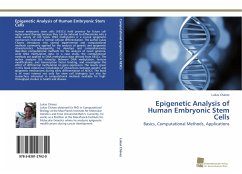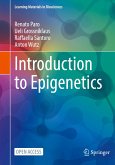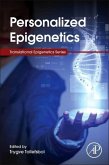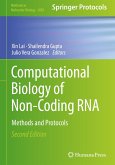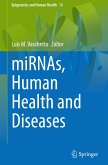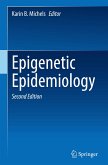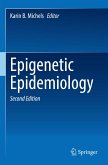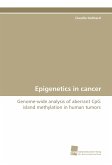Human embryonic stem cells (hESCs) hold promise for future cell replacement therapy because they can be induced to differentiate into a wide variety of cell types. DNA methylation is a crucial epigenetic mechanism involved in normal cellular differentiation. The author Lukas Chavez introduces into several experimental and computational methods commonly applied for the analysis of genetic and epigenetic characteristics. Subsequently, he develops and comprehensively describes computational methods for the analysis of novel genome-wide DNA methylation data. In a case study, the computational methods are applied to DNA methylation data derived from hESCs. The author analyzes the interplay between DNA methylation, histone modifications, and transcription factor binding, and investigates the effect of differential methylation on gene expression. The results given in this book extend our knowledge of interactions between genetic and epigenetic mechanisms during early differentiation of hESCs. The book is of most interest not only for stem cell biologists but also for researchers interested in computational methods available for high-throughput studies in health and disease.
Bitte wählen Sie Ihr Anliegen aus.
Rechnungen
Retourenschein anfordern
Bestellstatus
Storno

